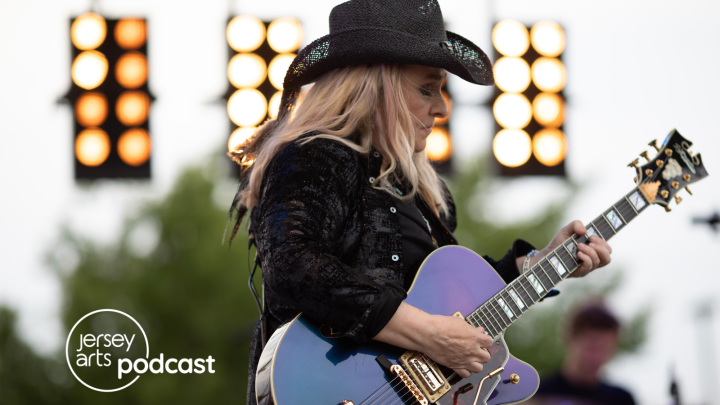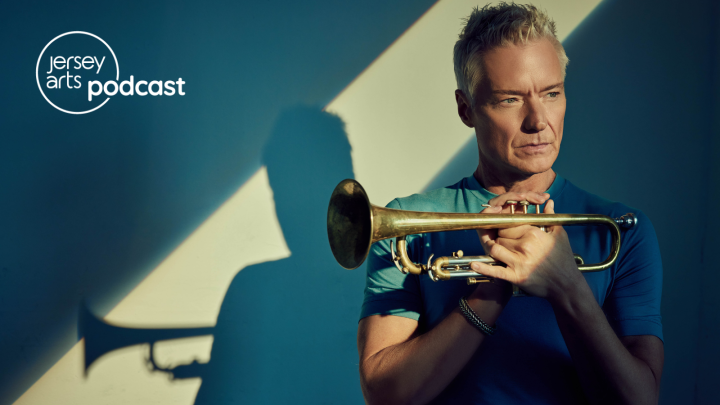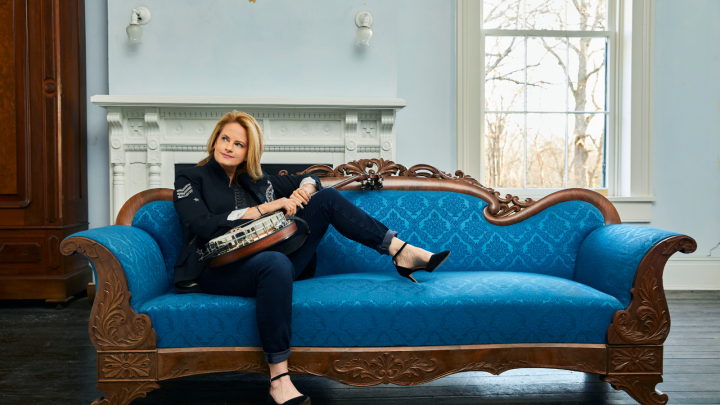Audiences relive movies' musical moments with David Wroe's "Songs from the Silver Screen"
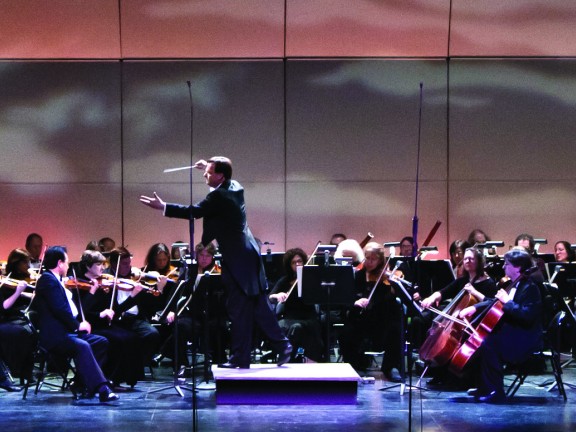
Film scoring is one of the few performing arts that’s designed to stay in the background but intended to steal attention. Try imagining “M” without Peter Lorre whistling Grieg’s “In the Hall of the Mountain King” on his murderous rounds or “Jaws” devoid of composer John Williams’ insistent bass line. Because he knows a compelling movie engages the ear as well, David Wroe, music director of the Westfield Symphony Orchestra, is offering audiences a salute to Hollywood as diverse and yummy as Forrest Gump’s box of chocolates. A sure-fire draw in the past for cineastes and music lovers alike, the WSO will give three performances, fortified with musicians from the New Philharmonic of New Jersey and all under the banner of Musica Morristown. Keeping a step ahead of this year’s Oscars on Feb. 24, Wroe conducts the concerts on Feb. 16 at the Richard P. Marasco Center for the Performing Arts in Monroe Township and the Mayo Performing Arts Center in Morristown and on Feb.17 at the Presbyterian Church in Westfield.
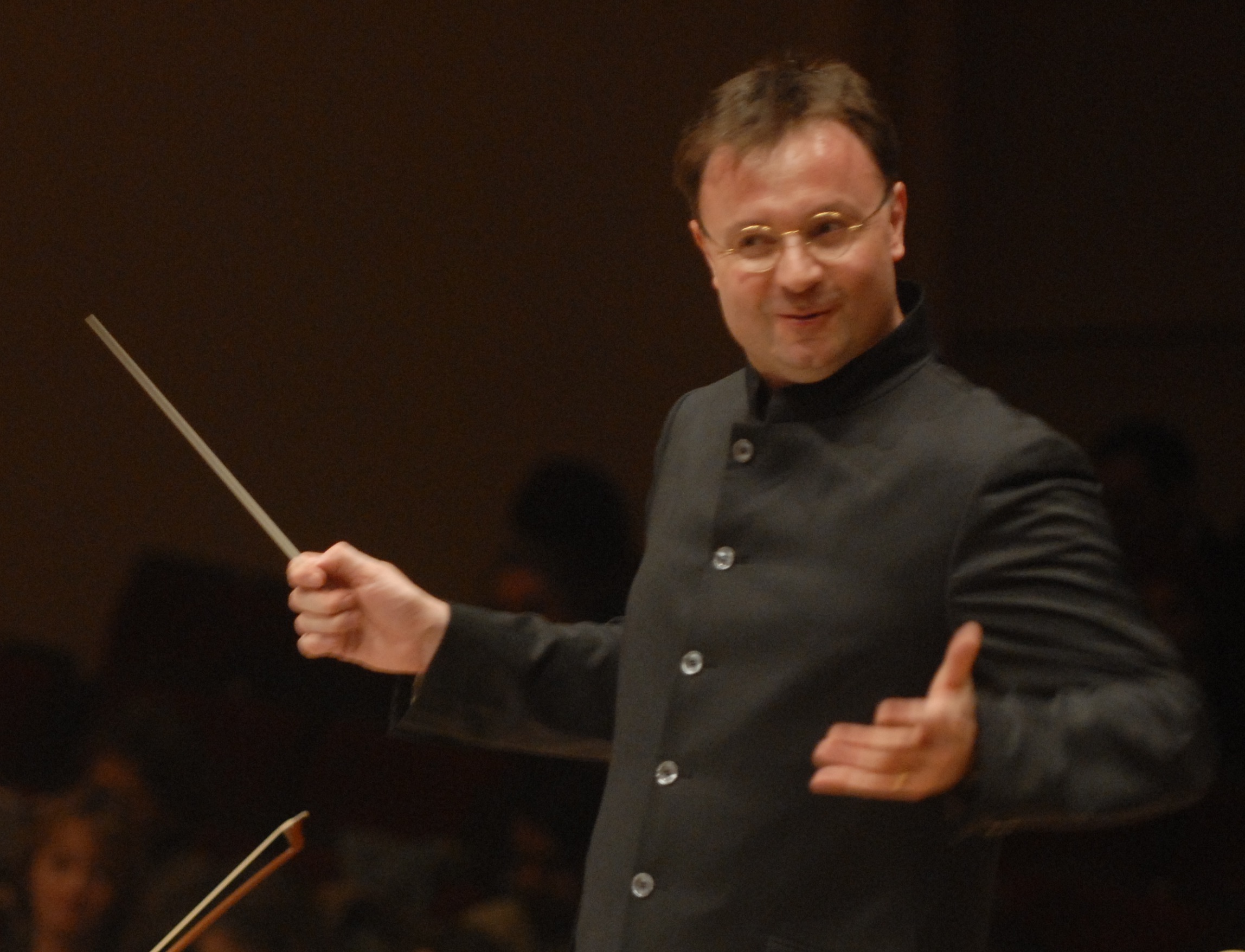
Wroe and his 55 musicians plan to open with a grabber, the “Sunrise” fanfare from Richard Strauss’ “Also sprach Zarathustra,” practically an anthem for disciples of Stanley Kubrick’s 1968 film “2001: A Space Odyssey.” (Composer Alex North found out at the movie’s premiere that Kubrick had replaced his score with a classical track. In a counterstroke, he later recorded his original, critically praised music.) Another Strauss — Johann — is represented in the space docking scene by the lilting “Blue Danube” waltz.
Rather than programming a chronological survey of the golden years of motion pictures, Wroe is ganging his symphonic choices into “emotional themes.” The concerts will be interspersed with anecdotes from the podium and screenings of clips and stills. Included in “The Epics” is Max Steiner, whose 16 main threads for the “Gone With the Wind” score includes the sweeping “Tara’s Theme.” “The Marches” features the step-lively “Colonel Bogey March,” written by Frederick Joseph Ricketts (aka Kenneth J. Alford) for “The Bridge on the River Kwai.” And among “The Heroes” are “The Magnificent Seven,” imagined in music by Elmer Bernstein.
“I attempted to create a varied palette of approaches that composers applied when writing for films — as opposed to simply thinking of the most famous music from famous films and highlighting them,” says the conductor, a 48-year-old native of the U.K. who resides with his musically-gifted family in Westfield. He adds that listeners will get a sample of the “electric guitars and jazzy brass” of John Barry’s James Bond themes, the “romantic symphonic sound” of Maurice Jarre (“Lawrence of Arabia”) and the “simplistic, transparent” melodies of “Forrest Gump’s” Alan Silvestri.
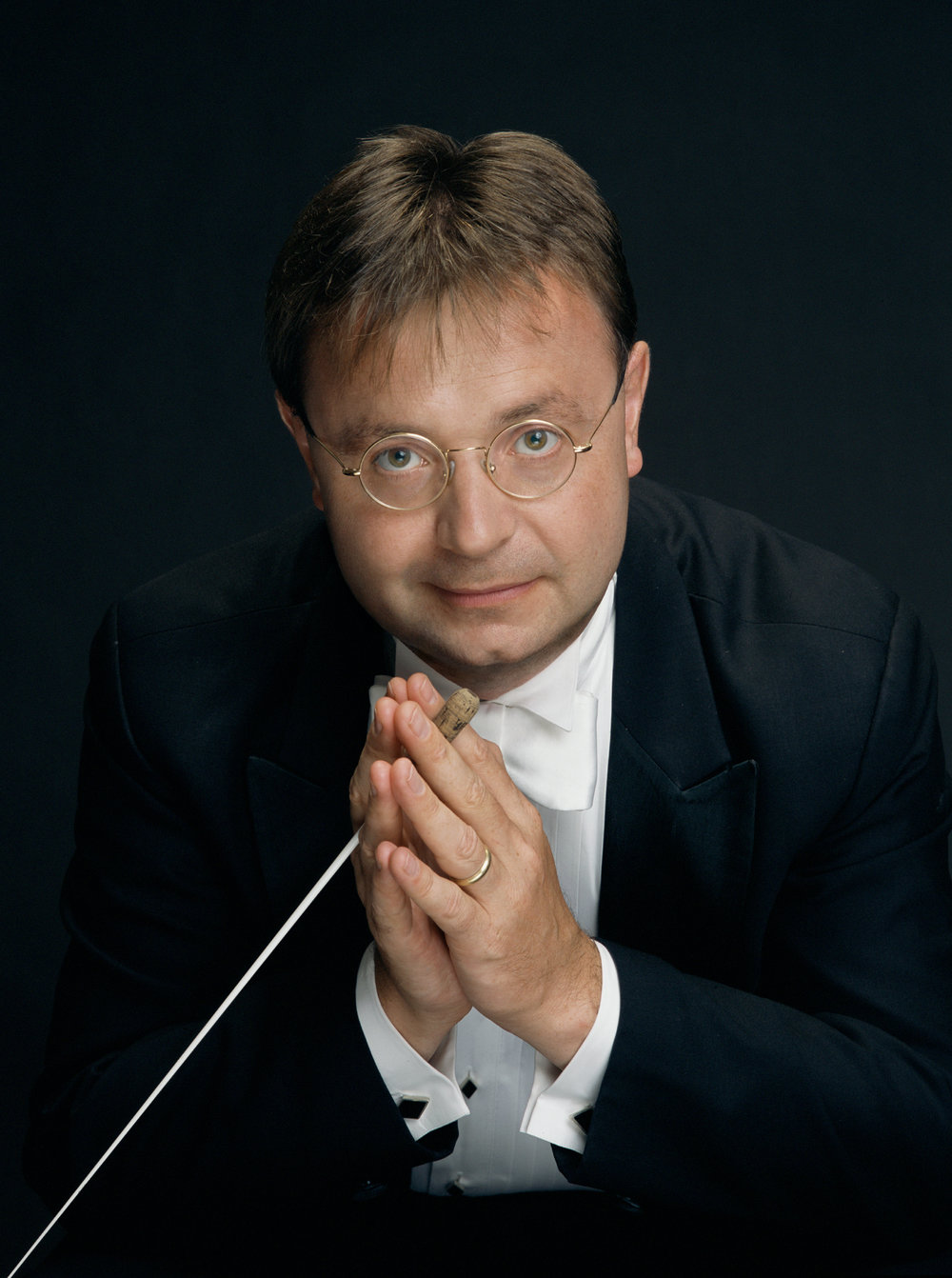
“One important element to this program is tipping one’s hat to the classical repertoire itself, which served as a model for the expansive tone paintings of many of these composers,” Wroe continues, “or to highlight quite directly how film has used the classical repertoire.” Through the years, studios had recruited such classical heavy hitters as Shostakovich, Copland and Leonard Bernstein to score their pictures.
Wroe remembers the “impression and importance” of American films and cowboy culture during his late-1960s boyhood in Yorkshire. “Perhaps (musicians), more than others, can be affected by music as an enhancer of visual stimuli,” he muses.
Now a U.S. citizen, Wroe was assistant conductor of the Boston Symphony Orchestra under Seiji Ozawa and founded the Kansas City Camerata. His many guest conducting engagements have taken him from City Opera of Heidelberg to New York City Opera, from L’Orchestre de Basse-Normandie in France to summer music festivals throughout the States.
He arrived at the WSO in 1997 — when “partnering” hadn’t yet proliferated as the buzzword among arts administrators — and began forging collaborations with other performers and organizations. For instance: A 2001 performance of Darius Milhaud’s “La Création du Monde” was accompanied by UMOJA, an African dance ensemble from Montclair. Last year Musica Morristown, under Wroe’s baton, teamed with the Dance Theatre of Harlem Ensemble for an afternoon of music and movement.
Perhaps the WSO’s most ambitious alliance will take place later this year, now that Wroe has been appointed music director of Opera at Florham, a 30-year-old company based in Madison. A fully-staged opera is in the works to mark the bicentennial of Verdi’s birth. “(Opera at Florham) did operas but were in need of a quality orchestra to take that to the next level,” Wroe explains. “So a partnership seemed an absolute natural — we each had an element that the other needed or wanted.”
In June, the WSO parties with Beethoven’s glorious Ninth Symphony in celebration of the orchestra’s 30th anniversary and Wroe’s 15 years as music director. A renaming and rebranding of the orchestra also will be announced to “reflect our new evolved state, which is really a regional professional orchestra,” says Wroe, adding that the WSO these days performs more outside than inside Westfield’s borders.
“When I first took over, it was four or five concerts and that was it,” he says. “With educational presentations and different concerts, we probably do 25, 30 presentations now. It’s an extraordinary growth.”
When he came on board, Wroe recalls, he dispensed with “the old model of overture/concerto/dead German” and began redefining the symphonic programs by mixing “traditional fare, such as a Beethoven, a Tchaikovsky or a Brahms symphony, with other types of entertainment or cultural stimuli.” One of the outgrowths was music and a movie: Wroe himself created classical pastiches to accompany Halloween-themed screenings of “Dracula” starring Bela Lugosi and “Frankenstein” with Boris Karloff.
An advantage to programming this month’s silver-screen concerts, he notes, is getting reacquainted with beloved films, like 1988’s “Cinema Paradiso.”
“It takes a lot to make me come close to tears in the movies, but that was probably the one that did it for me. In revisiting that movie, I was so moved by the beautiful music by Ennio Morricone (that) I’m trying my best to highlight that piece in the program. ... So maybe the next movie I’m going to see isn’t going to be at the theaters, but is going to be ‘Cinema Paradiso.’”

“Songs from the Silver Screen” will be performed on Feb. 16 at 2 p.m. at the Richard P. Marasco Center for the Performing Arts, 1629 Perrineville Road, Monroe Township. Tickets are $25 general admission, $22 for patrons and free for students, (732) 521-4400.
On the same day, the program moves to the Mayo Performing Arts Center, 100 South St., Morristown, for an 8 p.m. performance (pre-curtain talk at 7). Tickets are $29-$69, (973) 539-8008.
Under the title “The Perfect Valentine — A Night at the Movies,” the concert then repeats on Feb. 17 at 4 p.m. at the Presbyterian Church in Westfield, 140 Mountain Ave. Tickets are $25-$75 (discount for students), (908) 232-9400.

